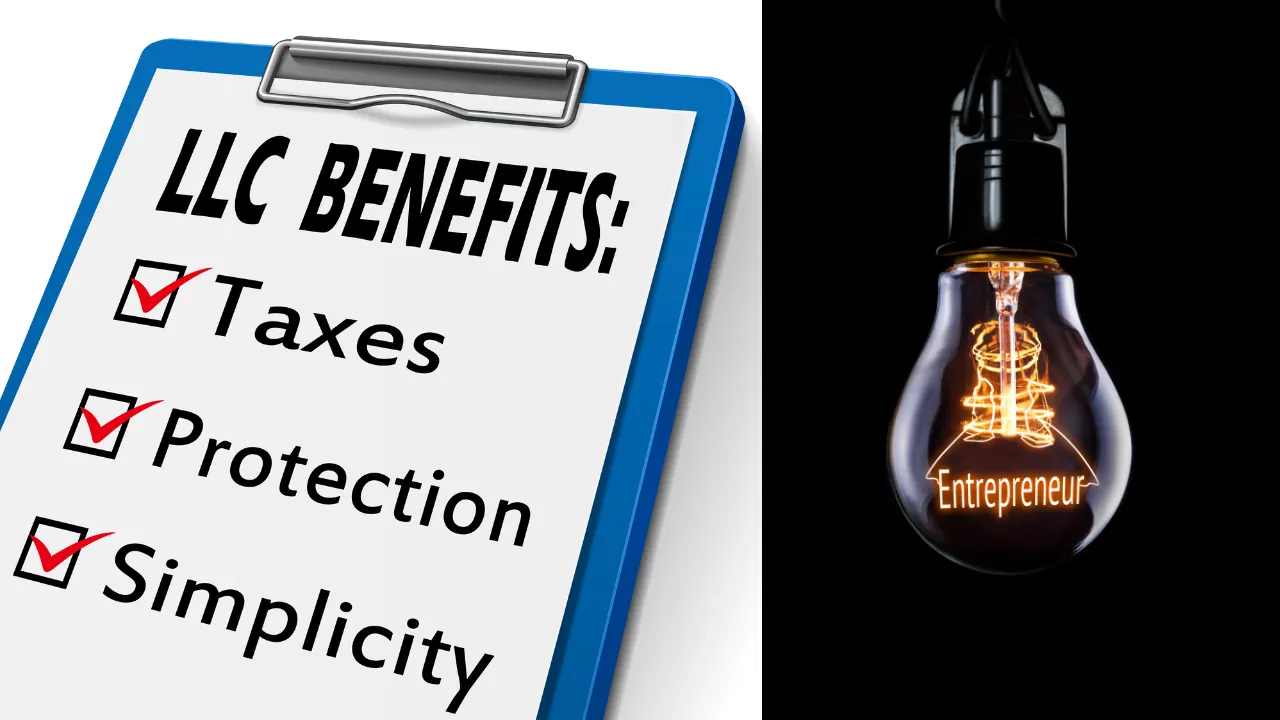Should You Run Your Rideshare Business As A Sole Proprietorship Or An LLC
The sole proprietorship is an unincorporated company that's owned by the individual running it. A sole proprietorship is the default selection for anyone that runs a service yet hasn't set up another formal company framework like an LLC.

As the sole proprietor, there's no separation between your personal and business assets and costs. You are directly in charge of all your business's financial debts as well as commitments.
A sole proprietorship can only have one proprietor. If you take on a company partner, your unincorporated organization will end up being a general partnership.
People that do a lot of contractual jobs such as consultants, ridesharing professionals, and individual instructors typically choose to submit their tax obligations as sole proprietors.
This is the most convenient method to go if you're just starting out or you're not yet making adequate revenue to warrant the expenses of an LLC. Also, if you've been in business for years, sole proprietorship may still be the best option, depending on the kind of business you run.
It's all going to depend on your earnings, organization type, and your personal management choices.
The Difference Between Sole Proprietor & LLC
 There are a few differences in operating an organization as a sole proprietorship vs. LLC. As a sole proprietor, there's no separating between you and your business. You're not obligated to separate your individual and business bank accounts and credit cards.
There are a few differences in operating an organization as a sole proprietorship vs. LLC. As a sole proprietor, there's no separating between you and your business. You're not obligated to separate your individual and business bank accounts and credit cards.
Nonetheless, opening a different bank account for your company will certainly make it much easier to recognize business expenses when it comes time to file your tax obligations.

With an LLC, it's crucial to keep your company's financial resources entirely different from your personal ones. You'll need a business bank account, and you'll sign files and contracts in support of business, not as yourself personally. Keeping things separate protects your liability since it reveals that the LLC genuinely has its very own separate identification.
Taxwise, an LLC uses more options than a sole proprietorship. All single owners are self-employed. You'll provide your business earnings and expenditures on schedule C of your personal tax return, and you'll pay individual revenue tax on your revenues. Additionally, you'll be accountable for paying your very own Social Security and Medicare taxes, otherwise referred to as "self-employment taxes."
Single-member LLC owners are instantly dealt with like self-employed sole proprietors for tax obligation purposes. Yet an LLC can also choose to be taxed as a corporation. With company taxing, an LLC owner can be listed as a staff member of the business as opposed to being freelance.
Some company owners find that taxes such as an S Corp minimize self-employment tax obligations and enable them to put away much more for retirement. If your solo business is starting to make a significant revenue, talk to a seasoned accountant about the absolute best tax obligation strategies for your business.
Some individuals choose to open an LLC because it offers their organization a feeling of legitimacy. You'll be operating your business as a business, send out settlements from the firm, and your clients will see the "LLC" in your firm name. With an LLC, you'll also be able to develop business credit in such a way that you could not with sole proprietorship.
What Is An LLC
 An LLC is a company entity that's created by filing documentation with your state. An LLC can have one owner (referred to as a "participant") or lots of owners.
An LLC is a company entity that's created by filing documentation with your state. An LLC can have one owner (referred to as a "participant") or lots of owners.
Once formed, an LLC has its own legal identification that's separate from you, the proprietor. Due to this, an organization financial institution cannot legitimately go after your individual possessions if your service is filed a claim against or not able to pay its financial debts.
In addition, an LLC's bankruptcy is considered separate from the owners. If you have employees, an LLC can additionally help shield you from responsibility for your employees' activities.
By default, single-member LLCs are taxed in the same way as sole proprietorships. But an LLC can also elect to be taxed as an S Corporation. This tax versatility permits LLC proprietors to select the most economical tax obligation structure for their business. For some businesses, the business tax option is a significant reason to create an LLC.
When Should You Open an LLC?
There are a couple of factors to open an LLC rather than running as a sole proprietorship:
☑️You want to broaden the company to more than one proprietor in the future, which is easy with an LLC
☑️You want to secure your personal properties from prospective economic and legal liability
☑️You intend to benefit from any appropriate local, state or government tax benefits that come with developing an LLC
In summary, establishing an LLC can put your business on the path to growth and shield you from obligations. Individuals also take into consideration opening an LLC when they reach a certain income limit in their organization and the extra charges and paperwork make good sense from a tax viewpoint.
This differs by state and the sort of business, so it's an excellent concept to talk to your accountant and compare the taxes you'll be paying with each service structure.
This article was brought to you by RideShare Driver Pro Troilus Moss

Troilus 'RideShare Driver Pro' Moss: Founder of TopAd101 Marketing & RideShare Driver Pro, has authored 125+ articles to date on creating cashflow from entrepreneurial activities as an active rideshare professional, network marketer, direct sales professional, and author.